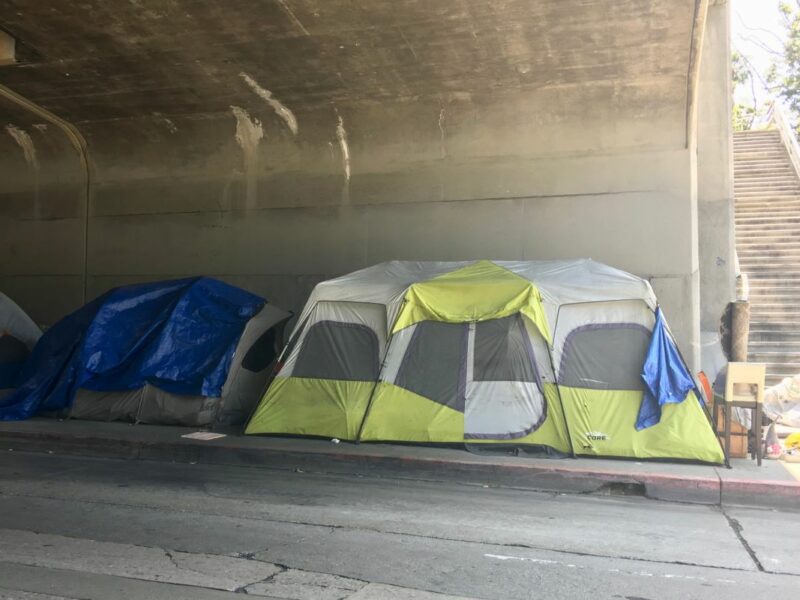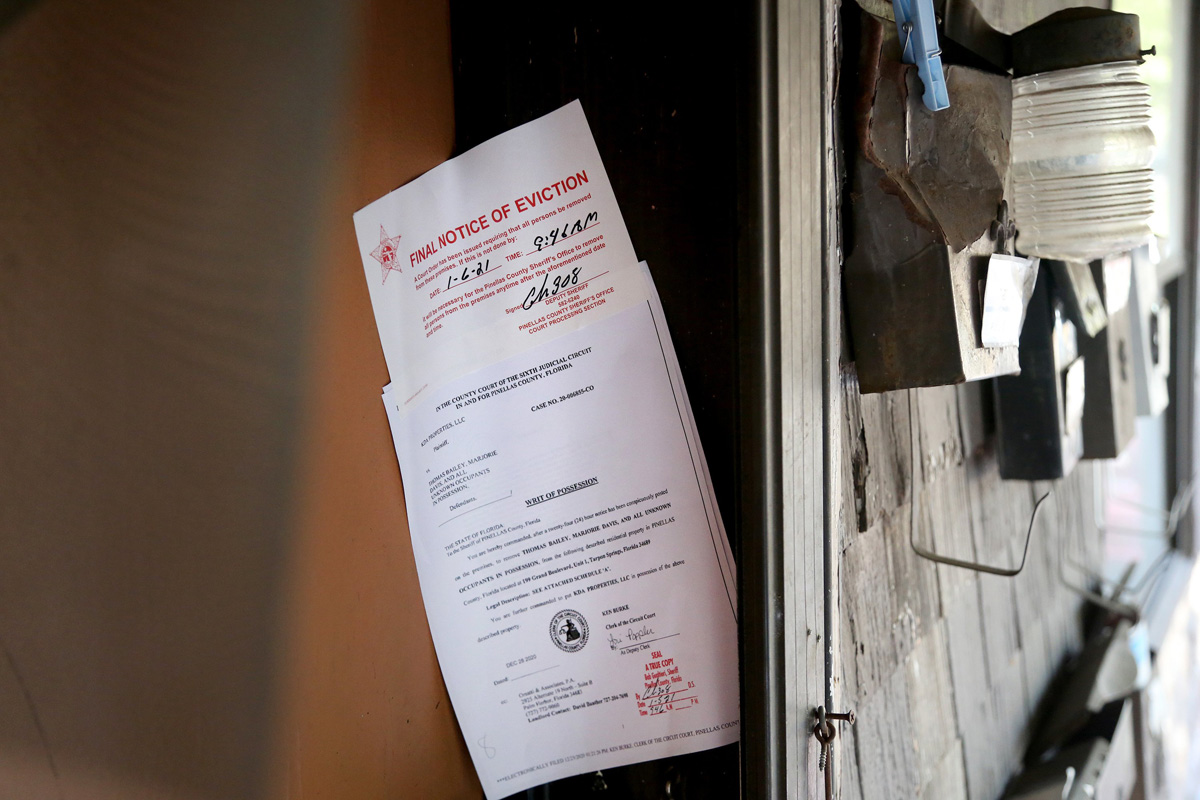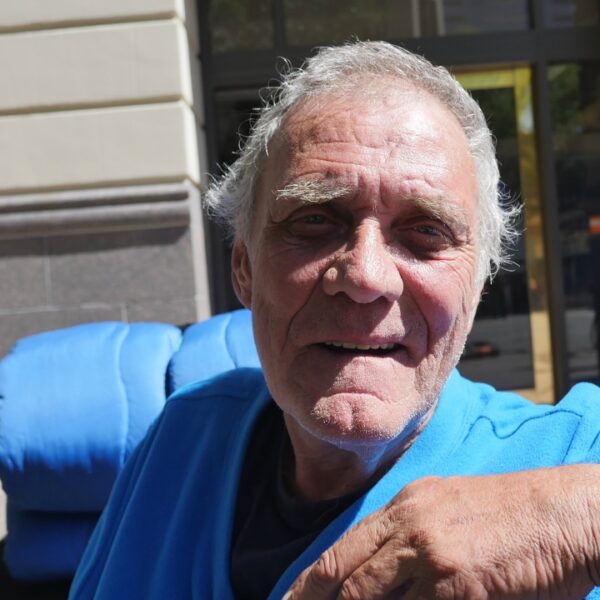433,700 COVID-19 Cases Were Also Caused by Illegal Evictions
There is a new study that reflects the ever-growing death rate of COVID-related fatalities that were the direct result of evictions that took place during the pandemic. The study was a collaborative effort brought forth by the following research professionals representing the following universities:
- Kathryn M. Leifheit PhD, MSPH of the University of California who is known in scholastic circles for her work in social epidemiology
- Boston University’s Assistant Professor of Health Law, Policy, and Management Julia R Raifman
- Johns Hopkins Bloomberg School of Public Health Assistant Professor Sabriya L Linton PhD
- UCLA Fielding School of Public Health Professor and Economist Frederick Zimmerman PhD
- UCSF Post-Doctoral Fellow and social epidemiologist Gabriel Schwartz
- Wake Forest Law Health Justice Clinic’s Professor of Law Emily Benfer
- Craig Evan Pollack, MD Associate Professor at Johns Hopkins Bloomberg School of Public Health
After rigorously assessing COVID-era eviction in 44 US states, these esteemed researchers concluded that:
“Lifting eviction moratoriums was associated with increased COVID-19 incidence and mortality, supporting the public health rationale for use of eviction moratoriums to prevent the spread of COVID-19.”
Several aspects of this study are worth noting. The most glaring is the sheer number of deaths correlated with these evictions. 10,700 fatalities is nothing to bat an eyelash at.
Another important fact is the high infection rate that stems from eviction during the pandemic. It has been proven that household overcrowding does, in fact, increase virus transmission. Furthermore, other variations of homelessness (besides doubling up/staying with relatives) can also increase the spread of infectious disease.
This information is not exactly new for housing advocates. However, COVID-19 has opened the public’s eyes to an oft-overlooked fact which is…
A homeless crisis is a public health crisis. This will continue to be the case regardless of the aftermath of COVID-19.
Homelessness and Health: A Brief Overview
In August of 2011, St. Michael’s Hospital produced a report confirming that 85% of homeless people suffer from one or more chronic health conditions.
Chronic illness can be a cause of homelessness because illness makes people more vulnerable to poverty and other conditions that create housing instability. Likewise, being homeless can serve as a cause of chronic health conditions because communicable diseases are easily passed through closed quarters. Additionally, having no physical address almost always results in having no healthcare. This creates a vicious cycle that intrinsically links poor health with homelessness.
For example, the instance of people becoming homeless as the result of a cancer diagnosis has statistically increased over the course of the past two decades. This means that cancer is a chronic illness that can cause homelessness.
Cancer isn’t something you catch like a flu or a throat infection. So it’s easy to assume that being homeless doesn’t put people more at risk for getting cancer. However, studies show that homeless people exhibit higher cancer risk factors. They also lack the resources to obtain an early-stage diagnosis.
So, even though cancer is not contagious, homeless people are still 2.3x more likely to die from it than their housed counterparts.
In the Case of COVID-19, Those Odds Appear Even Worse
Like cancer, COVID-19 is an illness that can cause homelessness or be caused by homelessness. Unlike cancer, this virus is contagious, so much so that it has already wreaked havoc in several homeless shelter systems, where it has given way to death and debilitation. As more and more renters teeter on the brink of eviction, it becomes clear that homeless prevention must be implemented in order to reduce Coronavirus transmission.
In August, The Coalition for the Homeless said that the mortality rate for COVID-19 was approximately 67% higher among homeless community members than it was for other people in the general population. Even with those numbers listed on record, the number of homeless people infected with and/or dying from the virus was unclear… until now.
What It’s Like to Die Homeless
As people age and prepare to leave this world, one of the few things they often cling to is their homes. It’s incredibly common for seniors to remain in their homes, even if they are living alone, and even if doing so puts them at a higher risk for:
- Slips and falls
- Unhygienic conditions (since cleaning can become a daunting task)
- Malnutrition (either through lack of transportation to buy groceries or a lack of means by which to cook the groceries)
- Burglary
- Online and/or telephone scams and much more
What is it that makes the senior community so adamant about preserving their homes? Is it the walls, the roof, the garden in the backyard? Or could it be deeper than that? Take a moment to consider how much of our personal identities are attached to the memories that are painted on our walls, dangling from our rooftops, planted in our gardens? Dying at home is associated with a greater sense of comfort, dignity, and ease.
So, what about the opposite of that?
How terrifying might it be to die unhoused, stripped of all your nostalgia and pride? What type of honor are we bestowing upon our senior generation, many of whom are at an increased risk for both homelessness and COVID-19 fatality?
Talk to your representatives about extending and strengthening eviction moratoriums and creating safe, affordable housing options for every human being across the nation. We’ve already lost more than 10,000 lives. What do you have to lose from just placing one phone call that expresses your concern?













